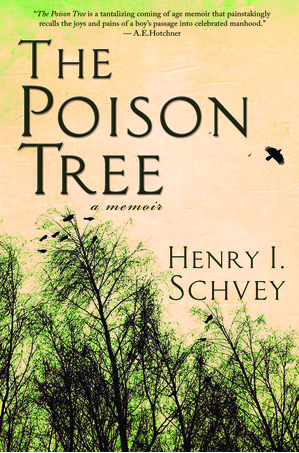Share the post "How to Advertise Yourself Effectively"
by Devyani Borade
Your dream magazine, with its worldwide readership, vast inexhaustible coffers, quick acceptance-to-publication turnarounds and generous word counts, is probably just that—a dream. So you decide to compromise: you can live with lower pay rates, slow issue releases, and tight space constraints. But if it ain’t being seen by the right people, what’s the point?
Every freelance writer needs to get noticed. You need to go out and let the world know about your existence so that you can get more assignments and commissions.
What if I told you there is a way that does not require you to stand in long queues for a ticket, call in favours for an invitation, loosen the purse strings for a massive membership fee, or even have to suffer copious amounts of heartache because of yet another rejection?
It is advertising.
Just like any other product or service, your writing skills are a professional service that can be advertised for hire or sale. Many writers happily accept advertising space and testimonials in lieu of payment.
“My advertisement paid for itself after only one assignment,” says writer Guy Richards, who specializes in writing articles on Science and Technology. ‘The listing attracted two clients initially, both of whom I’m still working for years later, and I’ve since gone on to work for about half-a dozen other people, some of whom are also regular clients now. I think the key point here is that the service allows you to get your foot in the door, and from there you can start to build an ongoing relationship with clients rather than simply chasing one-off assignments all the time.’
Sarah Walker, specialist in Property and Interior Design copy, agrees. “Each year I get assignments which bring in a minimum of 10 times what the advert cost to place. Last year’s online advertisement alone earned me 30 times the cost, and both clients look like they will be ongoing sources of work. So, yes, it is well worth the annual spend!”
James Pringle, assistant editor of Saga and deputy editor of Choice, says, “Being listed on journalist websites such as www.journalism.co.uk and www.holdthefrontpage.co.uk has been money well spent and has generated work for me. Those sites can achieve a higher profile than an individual freelance’s website can ever hope to do. It is difficult supply exact figures, the websites have produced a handful of valuable clients over several years.”
Andrew Rosenbaum, who writes and edits corporate articles dealing with Business and Technology, also finds placing online advertisements very productive. “My advertisement has produced a good number of leads, and continues to do so. Leads don’t necessarily turn into commissions, but these were serious leads and many of them did.’ He advises it’s all about “location location location!” ‘The place one puts the ad is the most important. Make sure the website is one that the profession takes seriously and reads regularly.”
Tracy West, regular contributor to Food and Retail magazines, concurs. “Advertising has always been worthwhile. Every year I’ve had a number of enquiries which have resulted in several jobs – I’ve always easily covered my advertising costs!”
Think advertising is for you? Whether you’d prefer to place an advert online or in print, here’s how to get started:
1. Know your options
Research the many alternatives available—full page, half, eighth, vertical, horizontal, B&W, colour, greyscale. Select one that fits with your advert style and tone. Would a photograph grab attention or look OTT? Would vertical alignment allow you to sneak in an extra word?
2. Know your customer
People have different tastes and no one product appeals to everyone. Before you launch your blitz, profile your target audience. Are you after sixteen-year-old students, twenty-something pub hoppers with cash to spare, retired pensioners with no mortgages, or single mothers on state benefits? Tailor your advert. Be specific not random.
3. Appear in the right places
Channels that make an impact on you may not influence your clients. Think from their point of view. An advert in Writer’s Digest will be seen by several thousands of pairs of eyes. An advert in SomeTinyObscurePageOnWorldWideWeb.com will sink without a trace. Radio works for selling music. It won’t boost sales of a writer asking to be commissioned financial work.
4. Cut to the chase
Your advert may sit in isolation, divorced from meaty content and clever phrases, easily lost amongst columns of similar adverts, perhaps sandwiched in-between a new periodical calling for submissions and an experienced editor qualified to ghost-write. Some people will read it out of necessity, others out of curiosity and many not at all. Space is expensive. Get to the point fast: state your business, what you offer and what you want.
5. Have a Unique Selling Point (USP)
What makes you different and interest-worthy? Catch the eye of the discerning customer by highlighting your competitive advantages: voice, technical know-how, awards etc.
6. Connect
A website, blog or Amazon link gives details. Provide alternative methods—email, phone, post—so customers can make contact and reach you in the manner they are most comfortable with.
A focused, uncluttered advert can make the difference between 5 downloads and 5000. Run some trials, analyse the results and find what works best for you.
All rights reserved. No part of this document may be reproduced or distributed in any medium without prior permission of the author.
This is a freelance article submitted “on spec”. Please contact the author to discuss terms prior to publication.
© Devyani Borade
http://devyaniborade.blogspot.com

